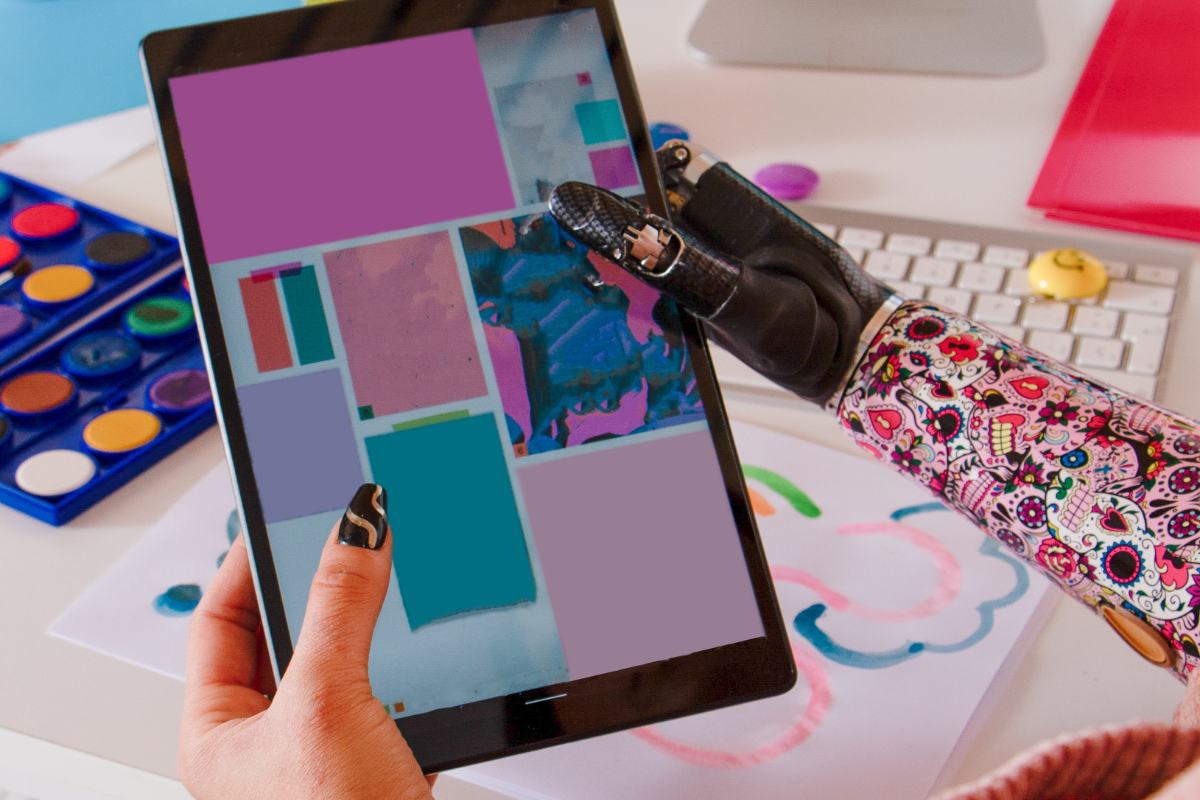Artificial intelligence (AI) has become a lot more relevant in our everyday lives. We hear modulated voices in radio ads or on YouTube videos. You’ve also likely heard about AI-generated art and writing. It’s usually obvious when something is wholly generated with these tools though. In art, the hands look off while in writing it’s usually full of clichés and feels flat.
But why do so many people see this as a bad thing?
When it started, programs like Stable-Diffusion would scour the internet for images. There wasn’t really any way to stop these programs from using your images. This meant that you’d be using somebody’s work without their consent to train this AI.
The same goes for writing. It’s impossible to know if something like ChatGPT is giving you plagiarized work. The best you can do is look it up and cross reference studies with what you have generated for you. At that point, why not just write the article yourself?
Then I thought, there has to be an ethical use of AI generation. So I looked into it.
There’s been a notable example of AI generation that’s existed since the 1980s. Any gamers reading may know the term roguelike. Named after the game Rogue, this genre of games makes heavy use of something called procedural generation. Procedural generation is when you use AI to build aspects of your game using an algorithm. This sort of AI generation was a great innovation at the time, as it would reduce the workload and give them extra time to work on the things that actually matter.
In 1996, The Elder Scrolls II: Daggerfall came out. To this day, the overworld map is one of the largest–because it’s almost entirely procedurally generated. The overworld map has a predetermined layout. The nations, environments and the important cities all have predetermined locations, but the town names and layouts are randomized.
Jump to 2012, when Minecraft comes out. Now an entire world’s generated for each individual save. This game is still receiving updates with more content than ever.
Because it helps developers and can lead to even more innovation, using AI in these ways is ethical. Programming is an artform. So when somebody is capable of creating a complex system like this, arguably, it’s art.
So how can we use these new tools in an ethical way? I wracked my brain for a bit on this one. I spent a long time treating this sort of stuff like it was created by the devil. But it’s just a tool after all, so it can’t actually be evil. Then I remembered my first time using it.
I used AI to come up with ideas for adventures in Dungeons & Dragons before. And while the adventures it came up with were cliched, you can still take little bits from what it gives you.
This goes for other things as well.
While you shouldn’t have an AI write for you, you can take things from what it generates. You could also use it as a starting place to begin your research. But as mentioned before, you should always do your own research. That’s good advice in general though.
Even in art, you can use AI-generated images as references for your own work. It’s unethical to sell AI-generated art, but these programs are capable of coming up with some truly weird things that can help get the creative juices flowing. There are even websites like PixAI that are free to use and don’t require any technical know-how to use.
There was also a game a while back called This Visual Novel Exists that used AI in every aspect of its creation. This one uses AI to generate the music as well, with… varied results. That said, I had a good time laughing at the awkward stories these programs released. So if you’re just doing it for a laugh, that’s fine as well. Just don’t try to make money off a game like this.
There are ways to use AI generation ethically. Procedural generation is a part of video game programming that’s existed for decades. Using programs like Chat-GPT or Stable-Diffusion can also act as a starting point for creative endeavors.
But not all AI use is morally correct. You shouldn’t sell art you generate when using programs like Stable-Diffusion because they are trained off thousands of pieces of art without getting any permission. Selling it as your own is unethical. And passing off a paper written by Chat-GPT as your own work is bad practice because it can’t source its claims. So stay on the safe side, remember it’s a tool, and don’t pass off this generated material as your own.





